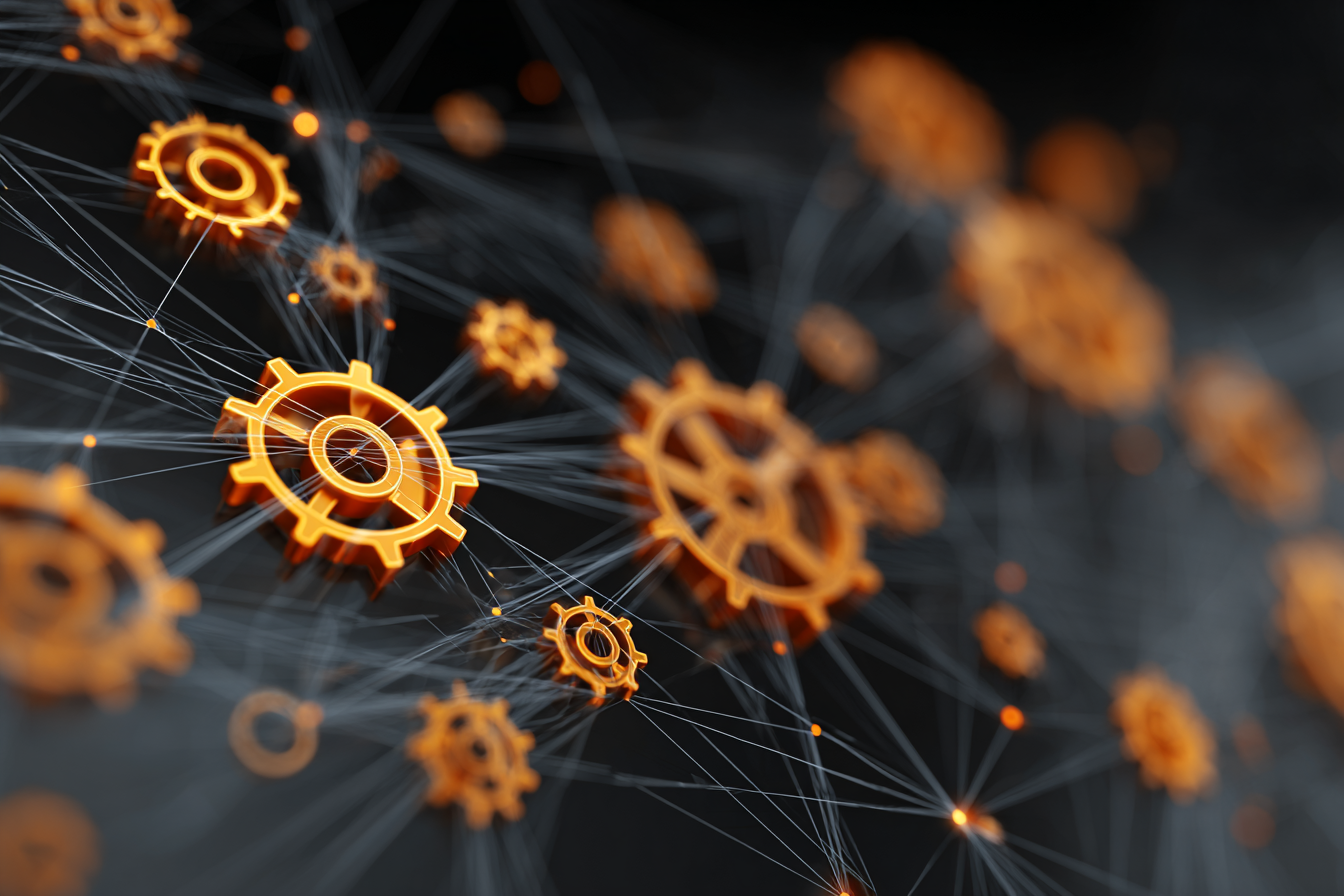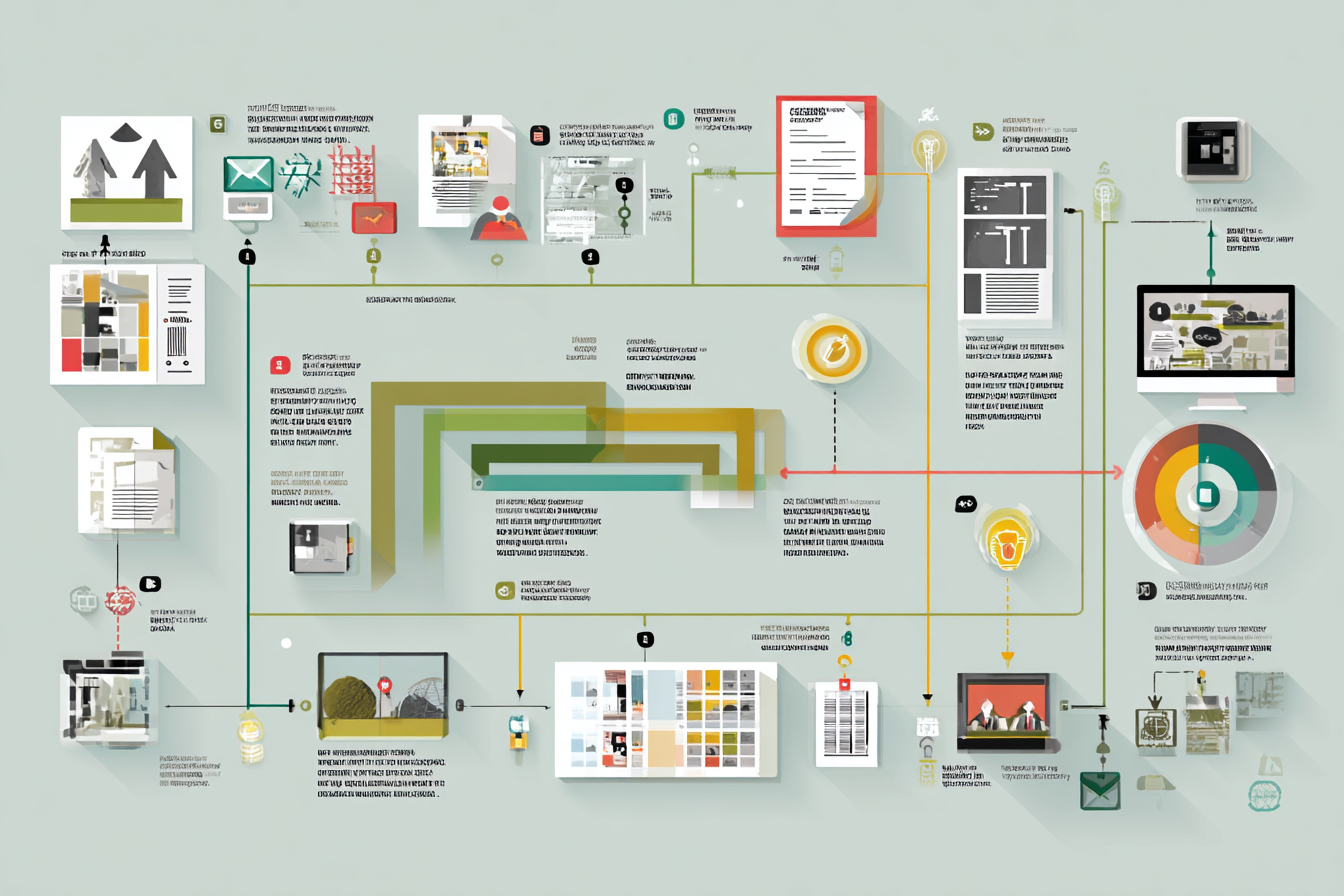Understanding Organizational Memory
Organizational memory refers to the accumulated body of knowledge and experience that an organization possesses, encompassing its history, processes, and culture. This concept goes beyond mere documentation; it is about embedding knowledge within the fabric of the organization so that it remains accessible and valuable, regardless of personnel changes.
In today’s fast-paced business environment, retaining organizational memory is crucial for maintaining a competitive edge. Teams often undergo transitions due to various factors such as turnover, restructuring, or the adoption of new technologies. When team members leave, they take with them not just their individual knowledge but also insights into team dynamics, client interactions, and project histories. Thus, organizations must proactively create and sustain memory systems that outlive individual team members.
Strategies for Building Organizational Memory
To effectively build an organizational memory that remains relevant over time, organizations can adopt the following strategies:
- Documentation and Knowledge Repositories: Create centralized repositories where all crucial knowledge is documented. This includes project documentation, lessons learned, and best practices. Using structured formats like templates can help standardize the information shared.
- Encourage a Knowledge-Sharing Culture: Foster an environment where employees feel comfortable sharing their insights and experiences. Regular knowledge-sharing sessions, such as 'lunch and learn' events or internal workshops, can facilitate this exchange.
- Utilize Technology: Leverage tools like collaborative platforms, wikis, and knowledge management software to capture and store knowledge. These tools can be instrumental in ensuring easy access and retrieval of information.
- Onboarding and Mentorship Programs: Implement robust onboarding processes for new hires that emphasize the importance of organizational memory. Pairing new employees with seasoned mentors can help transfer valuable insights and experiences directly.
- Regular Reflection and Reviews: Schedule regular retrospectives to reflect on past projects, successes, and failures. This practice encourages continuous improvement and ensures valuable lessons are documented and shared.
The Role of Leadership in Sustaining Organizational Memory
Leadership plays a pivotal role in establishing and maintaining an organizational memory. Leaders must set the tone by valuing knowledge management as a strategic priority. Here are some ways leadership can support these initiatives:
- Model Knowledge Sharing: Leaders should actively participate in knowledge-sharing activities to demonstrate their importance. By leading by example, they can inspire others to contribute.
- Recognize Contributions: Acknowledge and reward employees who contribute to knowledge management efforts. This recognition can motivate individuals to share their insights and experiences more freely.
- Invest in Training: Provide training that emphasizes the tools and practices for capturing and transferring knowledge. Equipping employees with the right skills can enhance their ability to contribute to the organizational memory.
- Align with Business Goals: Ensure that knowledge management strategies align with the broader business objectives. This alignment can help reinforce the importance of sustaining organizational memory as a means of achieving strategic goals.
Benefits of a Strong Organizational Memory
Implementing effective strategies for creating and maintaining organizational memory can yield numerous benefits:
- Increased Efficiency: With easy access to historical knowledge and insights, teams can avoid reinventing the wheel, leading to quicker decision-making and project completion.
- Enhanced Innovation: A rich knowledge base can inspire new ideas by connecting past experiences with current challenges, fostering a culture of innovation.
- Improved Team Dynamics: A well-maintained organizational memory can help new team members integrate more smoothly, understanding past challenges and successes that shape current dynamics.
- Business Continuity: By preserving critical knowledge, organizations can ensure continuity even in the face of employee turnover, minimizing disruption to operations.
Conclusion
Creating organizational memory that outlives teams is not just a strategic advantage; it is a necessity in an ever-evolving business landscape. By implementing effective knowledge management practices, organizations can ensure that valuable insights and experiences are preserved, leading to enhanced productivity, innovation, and resilience. Emphasizing the importance of knowledge sharing and leveraging technology will empower teams to build a legacy of learning that benefits the organization as a whole.

